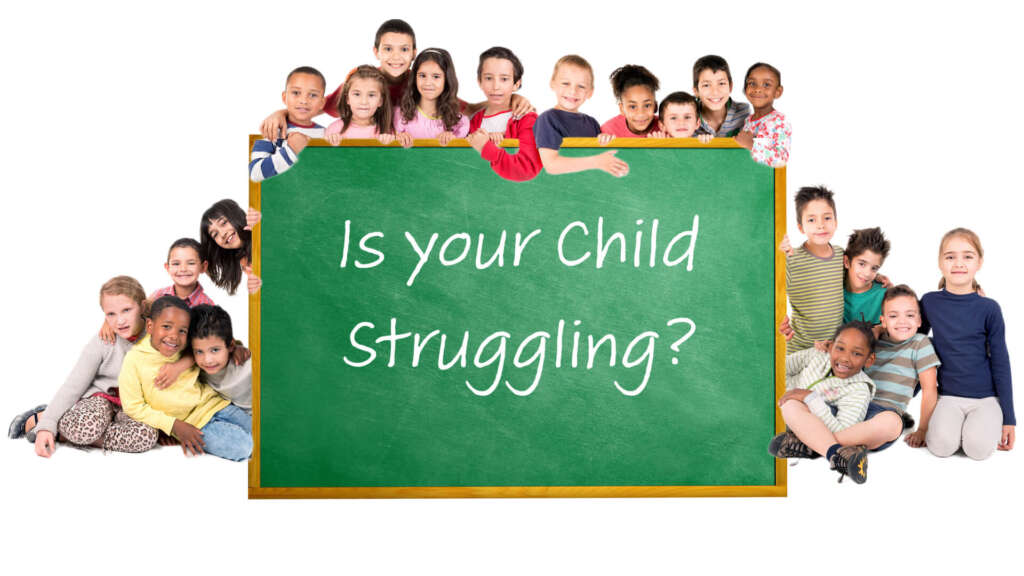Learn Why Swimming is a Lifesaver – Enroll Your Child Today!

“Why Swimming is the Best First Sport for Your Child: An Insight into Its Life-Saving Benefits”
As winter’s chill grips us tightly, it’s hard to imagine the imminent arrival of spring’s first blooms and the fast-approaching summer. It might seem odd to consider water-based activities for children in the midst of winter, but this is actually the opportune moment to deliberate over their water safety. With the benefit of heated pools, we can introduce swimming lessons to our young ones year-round.
Throughout my tenure as a paediatrician, I’ve witnessed heartrending tragedies involving young children in drowning or near-drowning incidents. These are not just sad, they are preventable. By introducing swimming lessons early on, we can circumvent such incidents.
In South Africa, where we enjoy not only home swimming pools but also picturesque lakes and beaches, it’s essential for children to master swimming skills. Winter presents a prime opportunity for these lessons so that when summer unfolds, they’ll be prepared, endowed with a skill that can potentially save their lives.
I often counsel parents on this topic, advocating swimming as an excellent first sport for children due to various reasons. Swimming is an enjoyable and soothing activity that promotes brain health and builds robust bodies. Given the availability of indoor pools, swimming clubs, and water-themed fun parks in numerous neighbourhoods, families can usually swim throughout the year.
But there’s a more serious reason why I urge parents to enrol their children in swimming lessons ahead of other sports. Apart from the pleasure and fitness it provides, swimming is a lifesaving skill that can shield your child from the danger of drowning.
Drowning is the leading cause of death among children aged 1 to 4. Studies show that teaching children to swim early in life is a critical preventive measure that can help avert water-related tragedies. Swimming isn’t just a sport – it’s a lifesaver.
Children are naturally drawn to water – it’s captivating yet perilous. Drowning can occur swiftly, often silently, and as my family can attest, a child can quickly go under, regardless of whether it’s swimming time or not.
When my son was a toddler, we moved into a house with a pool. Despite our extensive talks about water safety and the need for constant vigilance, one afternoon, my son stumbled into the pool. I was close by, yet it took just a fraction of a second for him to fall in.
Thankfully, I pulled him out unharmed. But having seen many young victims of water-related accidents in the hospital where I worked, I knew how quickly a joyous day could have turned tragic.
Most children can start swimming lessons as early as 12 months. There’s no strict age rule, as children’s development varies. Emotional maturity, physical development, and specific limitations will factor into the decision. Always consult with your paediatrician about water safety and the best time to start teaching your child to swim.
For children with special needs, swimming lessons can be particularly beneficial. They can improve coordination, balance, muscle tone, and provide stress relief. Many swimming schools offer tailored sessions conducted by specially trained instructors. Ask your paediatrician and other parents for recommendations.
If you’re not a confident swimmer yourself, parent-child swim classes can be a good starting point. They offer quality family time and can help you build your own swimming skills. There are resources available for adult beginners, including tools to help you locate adult classes near you.
Affordable swim lessons are available, you just have to know where to look. Public swimming pools, local high schools, colleges, and universities often offer group classes at reasonable rates. Many private swimming teachers provide sliding-scale discounts, and some swim centres offer special rates for siblings who enrol together.
The goal isn’t to shape every child into a future Olympic swimmer but to ensure that every child acquires the five basic water safety skills. Proficiency in swimming can open a world of healthy social opportunities for your child. Even if they never join a swim team, they can use the stamina and strength gained from swimming to excel in other sports. Swimming can also help them develop resilience in dealing with everyday stress.
Remember, swimming is a lifetime sport, something that many adults continue to enjoy wherever life takes them. So why not dive in with your little one? And whenever you’re worried about any aspect of water safety and health, consult my offices for further information.


